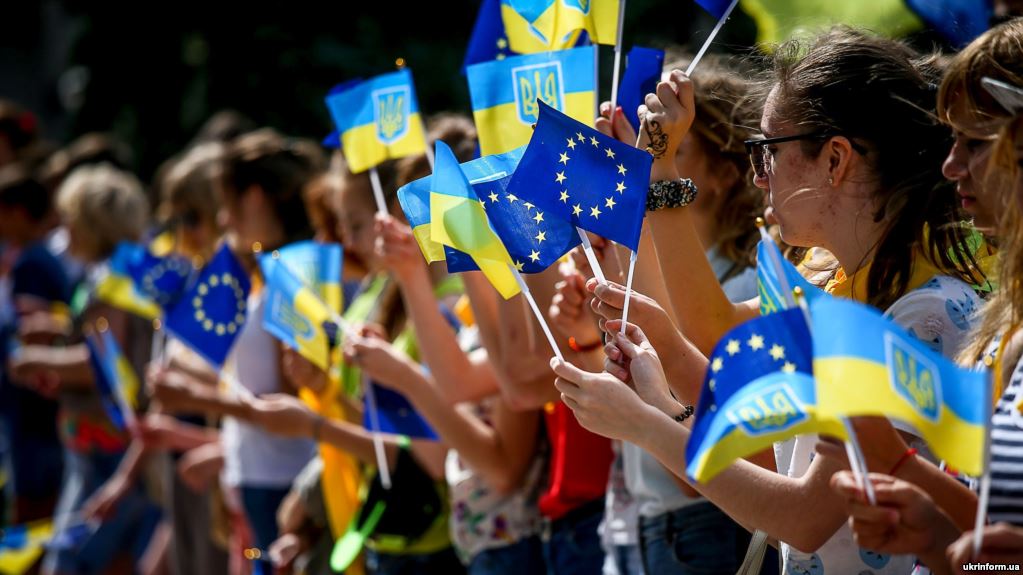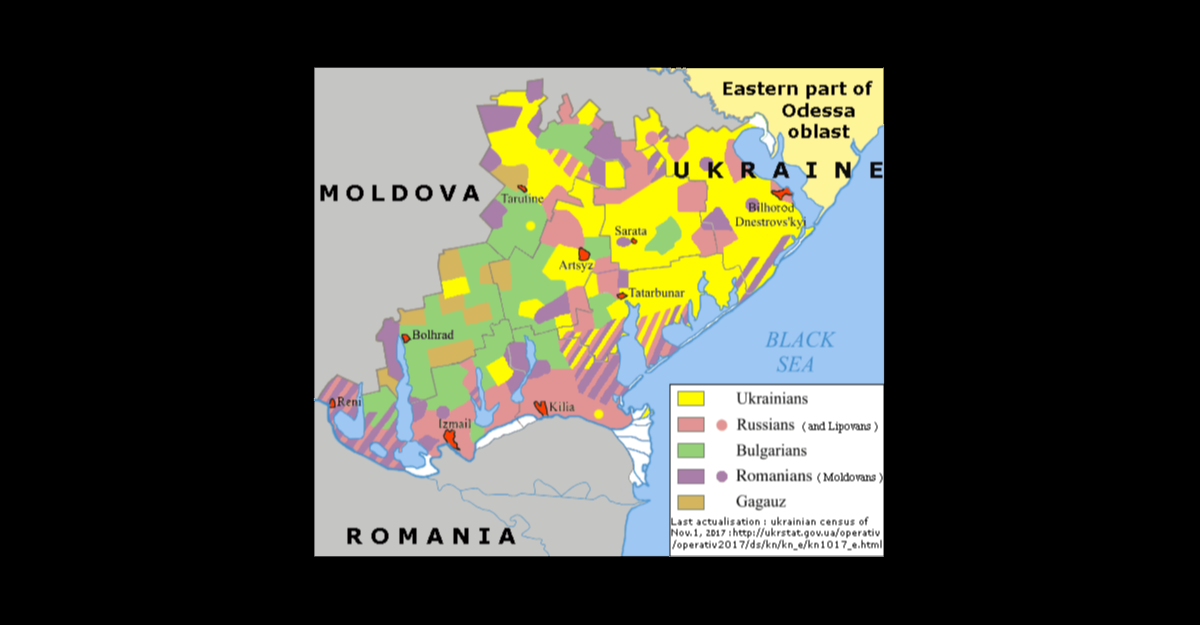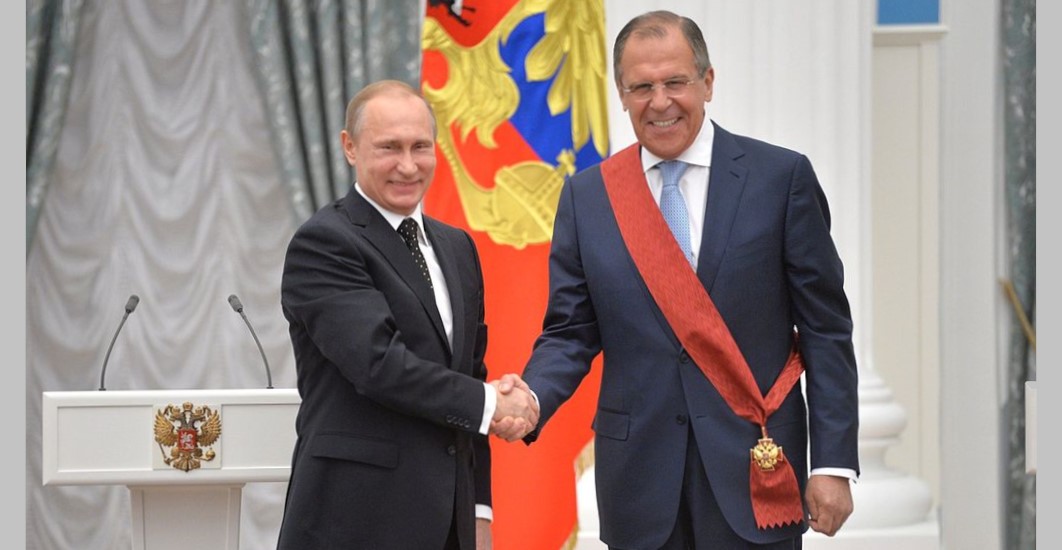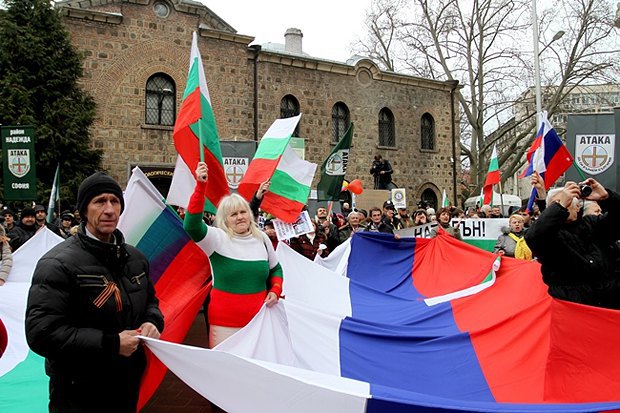This is a third article in the analytical series dealing with a long-term paradigm-changing transformation in the European (and global) political landscape driven by Russia's war in Ukraine by Amanda-Jane Eddleston.
The first and second articles in the series are available here:
- War in Ukraine has rewritten Germany’s political ideology
- 1 March 2022 marked the end of “neutrality” in Europe.
European Council President Charles Michel announced on Monday, March 7th, that the European Union would begin the procedure for reviewing Ukraine’s application to join the 27-member bloc. Ukrainian President Volodymyr Zelenskyy submitted Ukraine’s formal application on February 28th, and EU leaders are scheduled to discuss the matter at a special summit in Paris on Thursday. “The EU's solidarity, friendship and unprecedented assistance for Ukraine are unwavering,” Michel said Monday. “We will discuss Ukraine's membership application in the coming days."
President Zelenskyy has called on European leaders to grant the country an accelerated entry, and he has the backing of many politicians. In an interview with France24 on Tuesday, Estonia Foreign Minister Eva-Maria Liimets stressed her country’s support for the measure, emphasizing that Ukraine is “defending European security and European values.” This sentiment has been echoed repeatedly by numerous EU politicians and diplomats over the last two weeks, following the Russian invasion of Ukraine. Yet the loudest voices have come from the Union’s former Soviet member states as they call for a united front. For many years, western EU member countries have been far removed from a unified commitment to the concept of a communal European project.
Within Great Britain, for example, questions of solidarity with Europe and with the communal European project have long plagued the country, with right-wing separatists, led by the United Kingdom Independence Party (UKIP), agitating for the removal of Britain from the European Union. In 2016, they achieved their sole aim and drove the Brexit referendum to a narrow margin of victory, leading to years of stalled and hostile negotiations as London sought to sever contractual ties with Brussels, whatever the cost. At the time, there were discussions of other countries following suit. Prior to the 2017 general election in the Netherlands, Geert Wilders vowed to hold a referendum on the continued EU membership of the Netherlands should his Party For Freedom (PVV) score a parliamentary win, while Marine Le Pen confirmed that she would renegotiate France’s membership agreement should she take the lead in France’s Presidential vote (neither won majorities in their respective elections). While discussion of a possible Grexit have since died down, for several years Greece hotly debated the outcome of removing itself from the eurozone following the austerity measures the country endured in the wake of the financial crisis.
Related: Support for NATO, EU, and Zelenskyy skyrockets after Russian invasion of Ukraine
Western European political parties used words such as ‘freedom’ and ‘independence’ in their names to stir up separatist support; today, those are words sustaining a population’s desperate resistance to the bombing of Karkhiv in Ukraine. Marine Le Penn’s National Front party stands in stark contrast to the determined national pride being exhibited by Ukrainian citizens in the streets of Kherson.
Though officially established in 1993 by the Maastricht Treaty, the European Union’s roots lie in the signing of the Treaty of Paris (1951) and The Treaty of Rome (1957). Over the decades, western member states have seen internal support for the EU project periodically ebb and fade within their borders, at times faltering completely, as occurred with the Brexit referendum in 2016. While the seemingly secure democracies of Western Europe easily debated shedding the collaborative effort that has brought peace to their countries for over seventy years, the newer, post-Soviet EU member states readily joined the alliance, enjoying both the economic and trade benefits that Brussels conferred, as well as the democratic break it represented with their recent history.
In a 2020 study published in the peer-reviewed journal International Politics, researchers from the University of Chicago investigated whether the 2004 entry of countries into NATO had strengthened democratic development in Eastern Europe. Chronologically positioned at the midpoint between the 1991 fall of the Soviet Union and the 2020 study, the 2004 entry of Bulgaria, Estonia, Latvia, Lithuania, Romania, Slovakia, and Slovenia into NATO was discovered to have had no measurable effect on the democratic development of these countries. Secondary results of the research, however, revealed that “anticipation of European Union membership appears to have bolstered democratic development” in these nations.
Yet it was also precisely for this belief and these ideals that Ukrainians took the streets in the Maidan protests of 2013; the resultant Revolution of Dignity was in direct response to the last-minute refusal by the government to sign the political association and free trade agreement which had been negotiated with the European Union.
The first six titles of the Charter of Fundamental Rights of the European Union, a document enshrining the civil liberties to which citizens of the European Union are entitled, detail these rights under distinct headings: Freedoms, Equality, Solidarity, Citizen’s Rights, and Justice. The first title enshrines the right to Dignity. It is for these core European principles—as protected by EU Charter—that Ukraine is now fighting and under which the country is legally requesting protection by applying for accelerated entrance into the European Union.
At the end of February, the presidents of specifically these member states published an open letter calling for Ukraine’s hastened candidacy to the EU:
We, the Presidents of the EU member states: the Republic of Bulgaria, the Czech Republic, the Republic of Estonia, the Republic of Latvia, the Republic of Lithuania, the Republic of Poland, the Slovak Republic, and the Republic of Slovenia strongly believe that Ukraine deserves receiving an immediate EU accession perspective.
Therefore, we call on the EU Member States to consolidate highest political support to Ukraine and enable the EU institutions to conduct steps to immediately grant Ukraine a EU candidate country status and open the process of negotiations.
In this critical moment, we reiterate our full solidarity with Ukraine and its People.
The day before Russia’s invasion of Ukraine, Polish President Andrzej Duda and Lithuanian President Gitanas Nauseda met with President Zelenskyy in Kyiv in order to underscore the solidarity of their nations with Ukraine. The three leaders released a joint statement calling for Ukraine’s entry to the EU: “Given the significant progress in the implementation of the Association Agreement and internal reforms, as well as the current security challenges, Ukraine deserves EU candidate status and Lithuania and Poland will support Ukraine on its way to achieve this goal.”
The Slovenian and Polish Prime Ministers also released a joint letter demanding the European Council take “quick and courageous decisions.”
Similarly, the Renew Europe Party in the European Parliament released an open letter in which Lithuanian, Slovakian, Bulgarian, and Romanian politicians were joined by a Dutch colleague in calling for Ukrainian membership of the EU. “Every day, Ukrainians are fighting and dying for European values,” the letter begins. “The least they deserve is a credible perspective of membership. Along with military aid and humanitarian assistance, Ukraine needs hope: a vision of a shared future in the European community…The decision to start the accession process is political, not economic. It was offered to Spain, Portugal and Greece after the end of their dictatorships. It was offered to the central and eastern-European countries after the fall of the Berlin Wall. Union membership is as much about confirming the future of a country and breaking with its past, as it is about economics. The world of 2022 is completely different from the world of 1990. Indeed, between February 23rd and March 1st, the world has changed beyond recognition.”
The MEPs continue by noting that “Article 49 of the Treaty on the European Union states that ‘Any European country’ can apply for membership, provided it will respect the European values laid down in Art 2 and that it is committed to promoting those values.”
The day after the Ukrainian application had been officially submitted for consideration to the EU, the Latvian Parliamentary European Affairs Committee unanimously voted to approve Ukraine’s candidacy. Committee Chairwoman Vita Anda Tereauda stated that the endorsement would signify “solidarity for Ukraine and its people, a confirmation that Ukraine belongs to Europe. We must seize every opportunity that can help Ukraine endure this struggle for sovereignty and territorial integrity.”
The first two decades of the twenty-first century witnessed a fraying of the cords which bound older EU member states to the common purpose of a shared European ideal and project. While the brutal images of war returning to the continent have shaken the complacency of those nations, it is the collective force and belief of the EU’s newer, formerly Soviet member states that is defending the core principle of unity which underpins the democratic values protected by the Charter of the European Union. The memories of these countries are of a past which they resolutely rejected as they entered new futures in the new millennium. It is a past they now watch threatening to reclaim Ukraine as they reach out towards it citizens in solidarity.
Read More:
- Support for NATO, EU, and Zelenskyy skyrockets after Russian invasion of Ukraine
- 1 March 2022 marked the end of “neutrality” in Europe
- “Finlandization” was malignant for Finland and might be even worse for Ukraine
- War in Ukraine has rewritten Germany’s political ideology
- A “Stockholm syndrome” with long roots: experts explain how to counter Russian influence in Germany
- Demands to sanction Putin’s German agents of influence as Chancellor Scholtz visits Ukraine
- Germany exports dual-use products to Russia despite EU sanctions, beefing up Russian military
- German security assistance to Ukraine perpetually on hold
- Why does Germany refuse to export arms to Ukraine?





